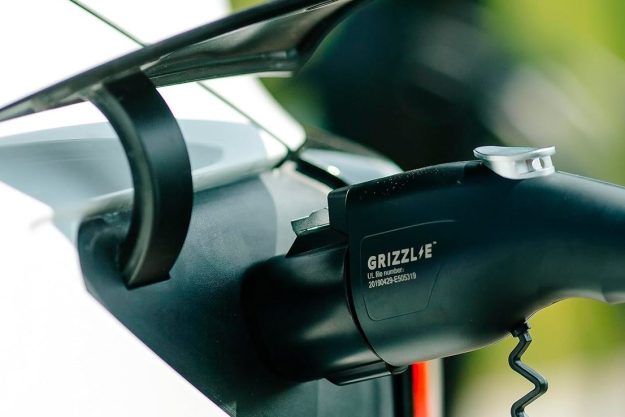
Marijuana-related traffic fatalities in Washington state increased from 8 percent in 2013 to 17 percent in 2014. Washington legalized marijuana for medical use in 2012. Like most statistics, this one can be seen in different ways. Although, the overall number of fatalities involving THC use increased, in most cases alcohol and/or other drugs were used as well. Regardless of how you slice and dice the numbers, however, the fact that blood THC levels did not accurately indicate marijuana impairment calls for new tests that will.
According to the AAA study, individuals who had very low levels of THC in their blood could act totally out of it while others who acted and seemed normal and unimpaired could have THC levels that were “off the charts.”
In the testing, the Foundation compared the results of the standard Drug Recognition Expert (DRE) tests administered to 349 volunteers with no THC in their blood and to 602 people who at the time of their arrests had only marijuana in their systems and who had their blood measured. The DRE roadside test includes walking a straight line and turning, standing on one foot, and touching your own nose. While 55.5 percent of the volunteers passed the walk and turn test, only 6 percent of the arrested people passed. So while it’s not 100 percent accurate, the DRE behavioral test does indicate impairment.
Next, the testers checked the THC blood levels of the arrested population. The levels ranged from 1 to 47 nanograms per millilitre of blood. While the nose-touching test showed some correlation with THC levels, the other elements of the DRE did not.
Several states are passing THC blood level laws to determine marijuana impairment. Colorado, Washington, and Montana have set a limit of 5 nanograms per millilitre as the legal limit and others may follow.
Not only did the researchers fail to find a clear correlation between those who failed the DRE test and THC limits, it also found that 30 percent of those who passed the test had THC levels of 1 ng/mL or higher. The Foundation stated, “Based on this analysis, a quantitative threshold for per se laws for THC following cannabis use cannot be scientifically supported.”
Driving while stoned is dangerous and with marijuana-related fatality rates increasing the Foundation suggests that, in the absence of accurate scientific tests, law enforcement use psychological and behavioral measures such as the DRE to determine fitness to drive. As things stand, relying on blood THC levels could allow some seriously wasted people to get back in their cars and drive away, a danger to themselves and others.




